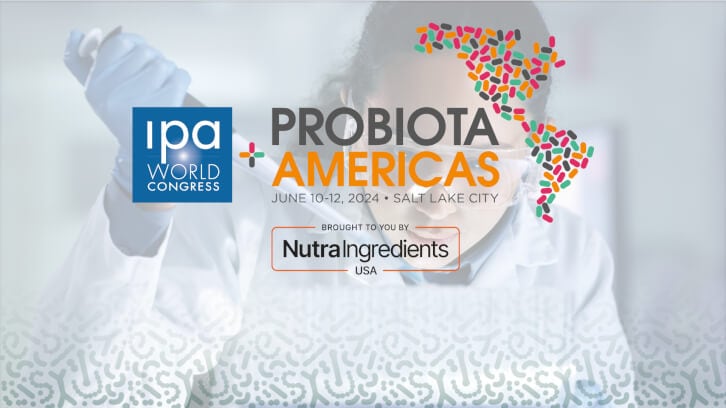IPAWC + Probiota Americas recently highlighted the individual approaches that retailers take when introducing quality initiatives for dietary supplements.
Kathy Wickenden, senior technical advisor, Whole Foods Market, said a key part of her role is ensuring that all the store’s branded partners uphold all elements of DSHEA via a standardized compliance process.
“Where my role comes in is on a literal label-by label-basis. I'm checking to ensure that brands are compliant with labeling requirements. There's an element of review specific to Whole Foods that focuses on ingredients. We make sure all of our ingredients meet Whole Foods market quality standards and then we go into a more detailed review for some of those high-risk products and high-risk claims,” said Wickenden. “We're looking at the science, we're looking at the data, and we're looking to ensure that those products are efficacious for our customers.”
Wickenden added that part of the review process is identifying the less experienced brands who might require additional guidance.
“I can't look at every single document, but what I can do is look for key elements of labeling that will tell me, okay, this brand is good, we can move forward, or you know what, this brand might need a little bit of help. They might need to work with a regulatory expert, they might need support, and there's a lot of brands that are looking to do the right thing. We're trying to bridge that gap and help the people that might need it, that might not know what they actually need to be doing.”
When it comes to the idea of a mandatory product listing, Wickenden said an MPL would not be beneficial to Whole Foods and would likely require them to employ additional resources.
“What I've learned at this conference has really opened my eyes into what this would do for us specifically at Whole Foods. If mandatory product listing is what has been proposed, which is just a list of brands and a list of their manufacturers, it wouldn't really help our review process and our onboarding.”
In fact, Wickenden said the less experienced brands may actually misinterpret an MPL number on their label as an FDA approval.
“It'd be an additional level of education that we'd have to provide. And it would benefit FDA from the standpoint of having a list of brands in their related facilities, but it wouldn't really help us in what we're aiming to do, which is to ensure compliance, ensure efficacy and safety.”


